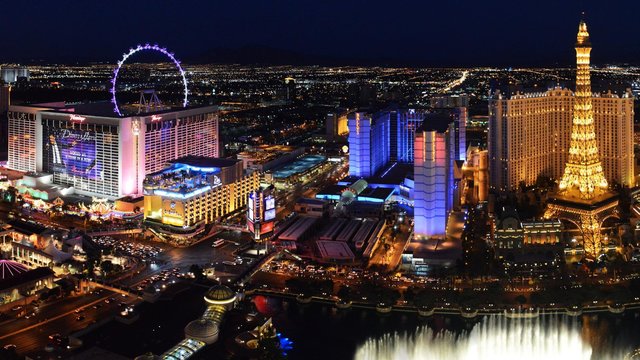Fun fact – in the year 1959, a popular New York DJ by the name Peter Tripp, pledged to stay up and awake for 200 hours just for charity while hosting his radio show.
This news for that time was a major event because no one knew what to actually expect from this happening. This was a huge event for millions of listeners, but also for the scientific community.
The effect was way more dramatic than anyone expected, because the personality of Tripp, normally described as upbeat happy person, appeared to change significantly over time. On the third day he had become cursing, insulting and highly irritable, and even to his closest friends. At the end of this event, he started to exhibit paranoid behaviours and hallucination.
Despite the concerns of the doctors that were monitoring him, he made it and finally went to bed after 201 hours of continuously being awake.
New studies replicate the behaviours from Tripp as a consequence of sleep loss. Sleep deprivation or prolonged restricted sleep results in increasing irritability, worsening mood, and feelings of anxiety, depression and anger.
This is a perfect example of how you would react with a lack of sleep.
Someone uses that behavior: Sleepless in Las Vegas
Casino owners know that tired gamblers make very risky decisions. All the bright lights, noise, and lack of windows are designed to stop you from noticing the passage of time and keep you awake most of the time.
Sleeping to learn
Something else that suffers so much from sleep deprivation is the region of the brain, critical for the storing of new memories (learning). When people haven’t slept for, even one night, their ability to remember new information drops a lot. Lack of sleep may cause the storage capacity of hippocampus to fill up, preventing new information from being stored.
To Conclude
Many people aren’t getting enough sleep. People sacrifice rest time to work, especially on devices which emit blue light (smartphones, laptops). This light makes falling asleep more difficult, further eroding the quantity and the quality of sleep.
We need to rediscover the value of sleep and appreciate the benefits it brings to our brains. Time spent sleeping is an essential investment towards being smarter, making better decisions, and leading a happier life. So get snoozing.
(H/t: The Conversation)


